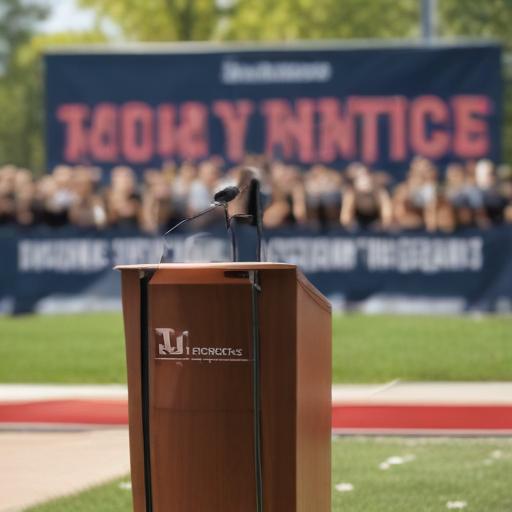Kareem Abdul-Jabbar, the six-time NBA champion and prominent social justice advocate, delivered a stirring address at Harvard University’s recent Class Day celebration. Speaking to graduating seniors, Abdul-Jabbar praised the university for its defiance against the Trump administration’s efforts to undermine academic freedom and retaliate against it through funding cuts and investigations.
Reflecting on the historical context of civil rights activism, Abdul-Jabbar recalled the legacy of Dr. Martin Luther King Jr., specifically referencing King’s assurance to supporters during the Montgomery bus boycott that there would always be others to continue the fight for justice. He likened Harvard’s stance to King’s legacy, expressing hope that the university embodies the spirit of those who are prepared to take bold stands against oppression.
He specifically commended Harvard President Dr. Alan Garber for his refusal to capitulate to the administration’s pressures, drawing a parallel to Rosa Parks’ historic act of courage. This acknowledgment resonated deeply with the audience, who applauded as he emphasized the importance of maintaining freedom of expression in the current political climate.
Abdul-Jabbar also highlighted his connection to past civil rights milestones, including the 1967 Cleveland Summit meeting with Muhammad Ali and other notable Black athletes. He described Celtics legend Bill Russell as a vital influence in his life and a symbol of excellence in sports and activism.
In light of recent governmental actions, including significant funding cuts to higher education which hamper scientific research and academic progress, the event’s tone underscored an emerging narrative of resilience among academic institutions. Uzma Issa, the first marshal for the upcoming graduating class, echoed these sentiments, stating that the class experienced a “war on higher education” during their time at Harvard, a testament to the broader challenges faced by students and institutions alike.
The gathering celebrated not just the academic achievements of the graduates but also the spirit of advocacy that has characterized much of Harvard’s history. Alongside the celebration, Abdul-Jabbar promoted his new book, “We All Want To Change The World: My Journey Through Social Justice Movements From The 1960s To Today,” further emphasizing his commitment to using his platform for positive change.
This event serves as a hopeful reminder of the ongoing fight for civil rights and the importance of institutions standing firm against challenges to justice and academic integrity. Abdul-Jabbar’s words not only inspire the new graduates but also invite society to continue the legacy of those brave enough to champion freedom and equity.
